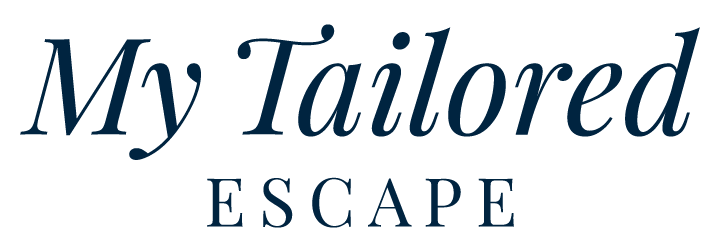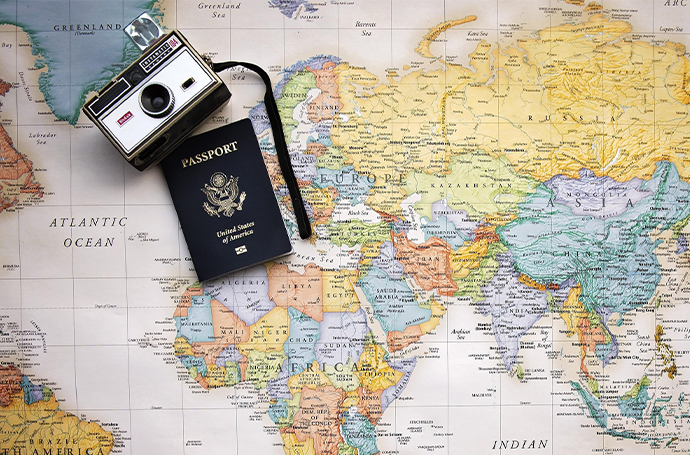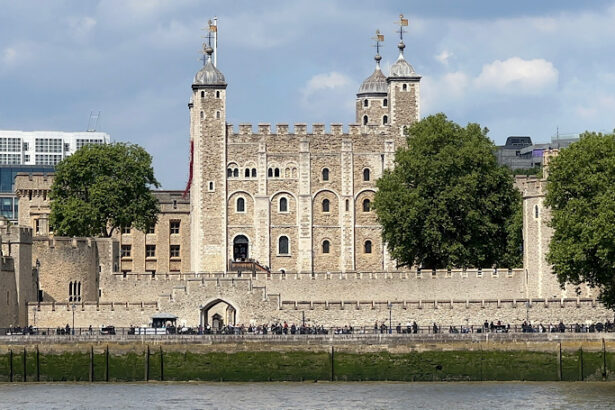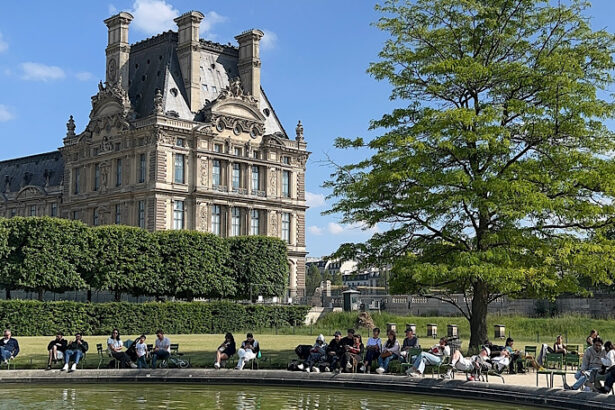You’ve been researching destinations for weeks. Your browser has thirty-seven tabs open with flight comparisons, hotel reviews, and “hidden gems” lists. You’ve created spreadsheets comparing prices, bookmarked articles about must-see attractions, and spent countless evening hours reading conflicting advice on travel forums. Despite all this work, you still feel like you’re missing something important—and frankly, the planning process that was supposed to be exciting has become another source of stress.
If you’re wondering what actually happens when you work with a travel advisor—and whether it’s worth stepping away from those carefully curated Pinterest boards and exhaustively researched spreadsheets—you’re not alone. Let me pull back the curtain and show you exactly what goes on behind the scenes, and more importantly, how it differs from the overwhelming research process you’ve been managing on your own.
Why Smart People Get Stuck in Planning Mode
You’re successful because you’re thorough. You research decisions, weigh options, and take control of outcomes. That same analytical approach that serves you so well professionally can create an endless research spiral when applied to travel planning.
Here’s what typically happens: You start with innocent curiosity about a destination. A few Google searches lead to travel blogs, which mention restaurants that sound amazing, which leads you down a rabbit hole of food reviews, which brings up questions about neighborhoods, which makes you second-guess your hotel choice, which sends you back to accommodation research, which reveals options you hadn’t considered, which makes you question your entire itinerary.
Meanwhile, you’re cross-referencing TripAdvisor reviews with Yelp ratings, trying to decode which “authentic local experiences” are actually tourist traps, and attempting to optimize everything from restaurant locations to museum timing. You’ve bookmarked forty-seven restaurants for a five-day trip and saved enough activities to fill three weeks.
The irony? The more you research, the less confident you become. Every article promises “insider secrets” that contradict the last one. Every forum post warns about mistakes you hadn’t considered. What started as excitement about your escape has transformed into anxiety about making the “wrong” choices.
You know you need this trip. But the very process of planning it has become another demand on your already-stretched bandwidth.
What Actually Happens: The Process Revealed
Week 1: The Deep Dive Discovery
When you first reach out, I’m not immediately pulling up hotel websites. Instead, I’m listening for what you’re not saying. You mention wanting to “disconnect,” but I hear the underlying need for permission to truly step away from work. You say you want “authentic experiences,” and I recognize someone who’s tired of surface-level tourist moments.
During your consultation, a skilled advisor asks questions your friends wouldn’t think to ask: How do you actually recharge? What sensory experiences draw you in? What does luxury mean to you personally? These aren’t just preferences—they’re the blueprint for your entire experience.
Week 2-3: The Research You Can’t Do Yourself
This is where the magic happens—and where you’ll understand why your weeks of individual research felt so overwhelming. While you see one restaurant review and wonder if it’s accurate, a professional advisor is cross-referencing it with seasonal menu changes, the chef’s philosophy, recent staff turnover, and whether the acoustics match your preference for intimate conversation.
When you spent hours comparing hotels and still felt uncertain, they’re evaluating factors you didn’t know to consider: room orientation for your preferred lighting, proximity to subway lines if you hate long walks, sound insulation if you’re a light sleeper, and staff training standards that affect service quality.
Remember that “hidden gem” you found after hours of research? They’re calling the owner directly to understand if it truly aligns with your travel style, or if it’s become so popular with tourists that it’s lost its authentic character. They’re verifying that the cooking class actually uses ingredients from the market you’ll visit that morning, creating a seamless sensory story throughout your day instead of random disconnected activities.
This is where their professional network becomes invaluable—the relationships you can’t access through internet research. While you’re reading online reviews trying to guess what’s real, they have direct contacts who provide current, accurate information about what each experience actually delivers.
Week 3-4: The Invisible Architecture
You see an itinerary. A thoughtful advisor sees dozens of micro-decisions that determine whether your trip flows beautifully or feels rushed. The restaurant reservation isn’t just for 7 PM—it’s positioned after your afternoon cooking class so flavors build on each other, but with enough time for you to dress thoughtfully and arrive relaxed.
The best advisors build in buffer time you didn’t know you needed, secure backup plans you’ll hopefully never use, and coordinate timing so your experiences enhance rather than compete with each other.
The Questions You’re Actually Asking
“How do I know you’ll understand what makes a trip special for me?”
You’ve probably had experiences where service providers nodded along but delivered something generic. A quality advisor addresses this by reflecting back what they heard, sharing why they’re making specific recommendations, and showing you how each choice connects to what you told them matters most. When they suggest a particular restaurant, they should explain exactly how it matches your stated preferences and the experience you’re seeking.
“How do I know I’m not paying for something I could find myself?”
You’re not paying for their ability to use Google. You’re investing in the relationships that get you the corner table, the cultural context that transforms sightseeing into understanding, and the foresight that turns potential problems into seamless transitions.
“What happens when things don’t go according to plan?”
When your flight gets delayed, a professional advisor is already rebooking your dinner reservation and arranging later hotel check-in before you’ve even landed. Having someone with expertise and resources managing details means you stay focused on experiencing your escape rather than managing logistics.
What You Actually Receive
Before You Leave
- A detailed itinerary that reads like a story, not a schedule
- Cultural context that helps you connect meaningfully with places and people
- Practical preparation that anticipates your questions
- Backup plans and contact information for any scenario
While You’re Away
- Real-time support when unexpected situations arise
- Local connections who treat you like a referred friend
- Flexibility to adjust plans without losing reservations or deposits
- Peace of mind that someone knowledgeable is monitoring your journey
When You Return
- Follow-up to capture what worked beautifully and what could be enhanced
- A relationship that grows richer with each trip we plan together
- Confidence that your next escape will be even more perfectly tailored
The Real Value Exchange
You’re not paying me to do what you could do yourself. You’re investing in:
- Time returned to your life: Hours spent planning are hours not spent with family, advancing your career, or simply resting
- Enhanced experiences: Access to moments and connections you wouldn’t discover independently
- Reduced stress: The confidence that comes from expert preparation and professional backup support
- Personalized excellence: Services calibrated specifically to your preferences and travel style
Why This Works for People Like You
Successful professionals understand specialization. You wouldn’t represent yourself in court or perform your own surgery, not because you couldn’t learn these skills, but because expertise creates better outcomes with less risk.
Travel planning has become complex enough to warrant the same thinking. The difference between a good trip and a transformative escape often lies in details you don’t know to consider and relationships you can’t access independently.
Working with an expert doesn’t mean giving up control—you’re gaining a specialist who treats your time, money, and dreams with the same care you’d bring to your own professional work.
Your Next Step
If you’re ready to experience what happens when travel planning becomes a collaboration rather than a burden, consider working with a specialist who understands your needs. Your perfect escape is waiting—not in those thirty-seven browser tabs, but in the thoughtful design that comes from understanding exactly who you are and what you need.
Ready to discover what your ideal escape looks like? At My Tailored Escape, we specialize in creating exactly these kinds of transformative experiences. Let’s start with a conversation about your travel dreams.





